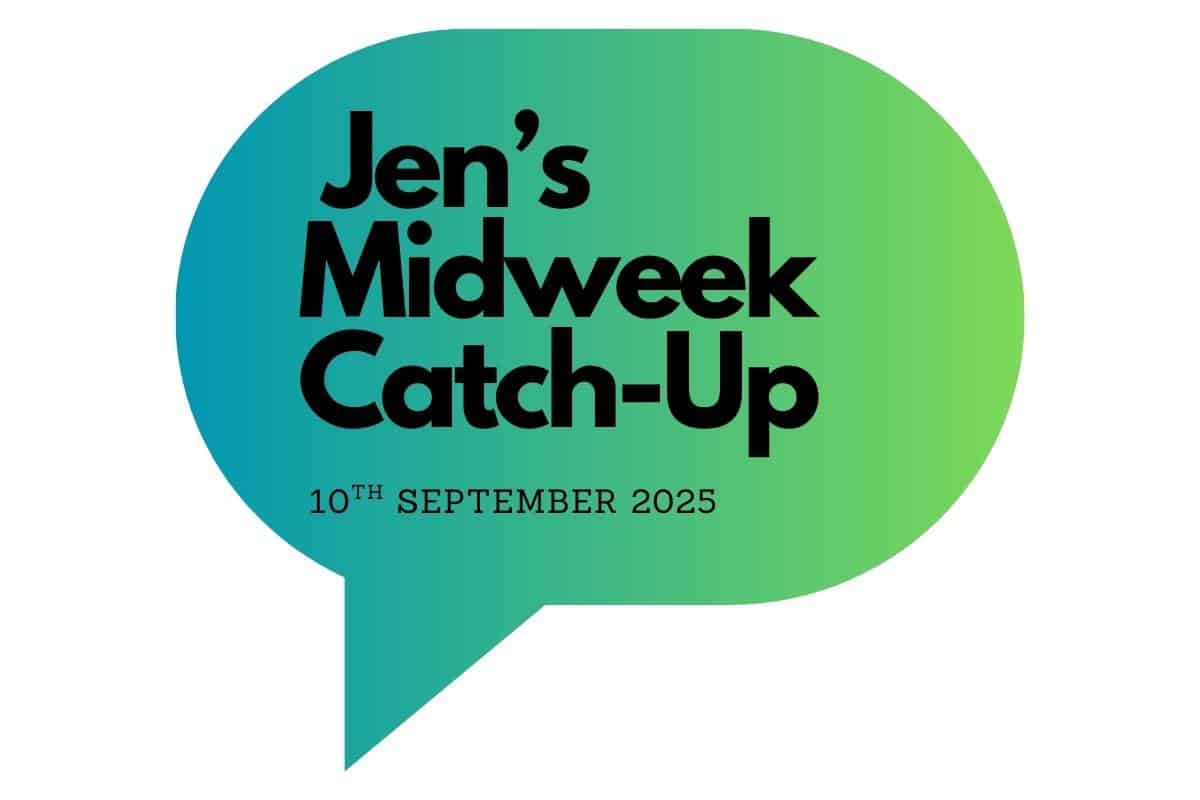How gender bias contributes to medical misdiagnosis
Is there a gender bias in healthcare? Should we, as women, be getting a better deal from our doctors? Are we at a higher risk than men? Read on for some of the latest data.

Gender bias in healthcare
Gender bias is favouritism or prejudice based on whether someone is male or female. Unequal treatment of men and women is evident in many aspects of society from wages and chances for career progression to lifestyle expectations, and healthcare is no exception.
There is evidence that women receive a lower class of care from medical professionals than men. From patriarchal hangovers to poor knowledge of female-specific issues, deep-rooted stereotypes and systemic inequalities contribute towards diagnostic discrepancies in healthcare.
Medical misdiagnosis and women
There are several ways that gender contributes to medical misdiagnoses for female patients.
Stereotypes
Old stereotypes remaining from years of female oppression mean that women can be seen as hysterical or exaggerating symptoms. A recent poll showed that 50% of women feel their pain is ignored or underplayed by GPs and other professionals when they seek healthcare advice.
Scarily, this means that women are much more likely to be misdiagnosed following a heart attack or stroke which could have life-changing or fatal consequences.
Lack of data
Healthcare advancements have been centred around men for centuries. This means that there is a lack of data relating to women and major medical conditions and female-specific issues, so doctors are less adept at recognising and advising on the correct healthcare for women.
Lack of knowledge
Poor understanding of gender-specific medical issues means that gynaecological conditions are often dismissed. Painful conditions like fibroids can take 10 years to be diagnosed and treated, and uterine conditions like endometriosis and polycystic ovary syndrome are rarely spotted.
Medical treatments and women
In addition to the challenge of getting an accurate and timely diagnosis, women are at risk from poor medical treatments too.
Shockingly, women are over 30% more likely to die in male-led surgeries and 15% more likely to suffer a bad outcome than if a female surgeon were to perform the procedure. Poor treatment of expecting mothers can lead to avoidable emergency surgery during or immediately after labour which can be extremely dangerous or even fatal for women and babies.
Women must know they have the option to seek compensation for surgical errors if there’s evidence of negligent treatment. Stay aware of the quality of care you receive from medical professionals and don’t be afraid to ask for a second opinion or legal advice if you’re concerned about unfair bias.
Furthermore, women did not have to be included in clinical trials in the UK until the 1990s and are still underrepresented in early-stage testing, so existing medicines are based on male body responses. Unbelievably, this is even true of the contraceptive pill that has been left undeveloped for several decades.






